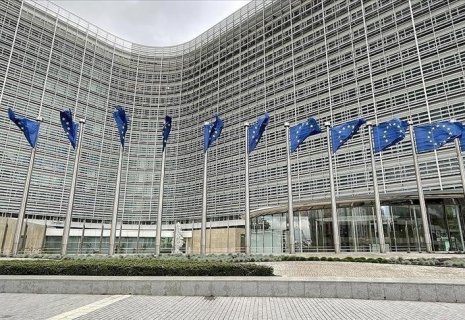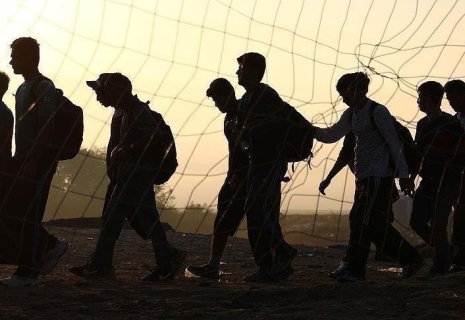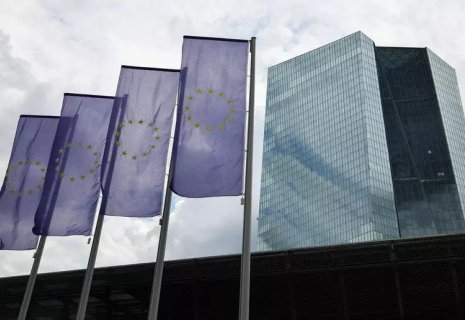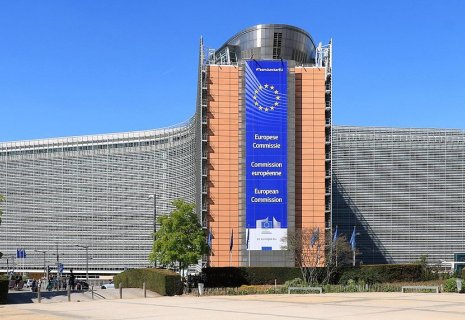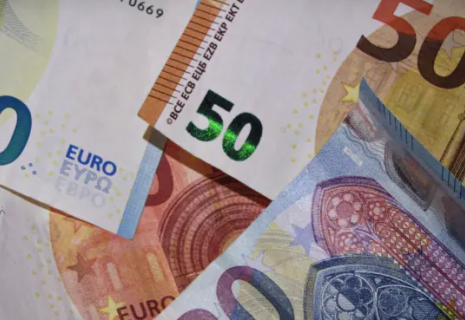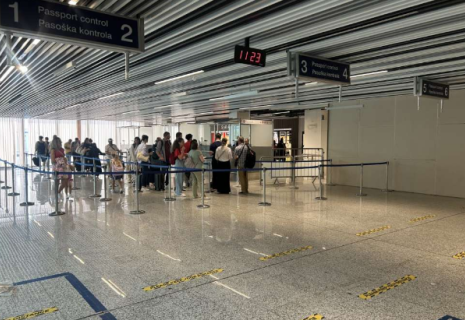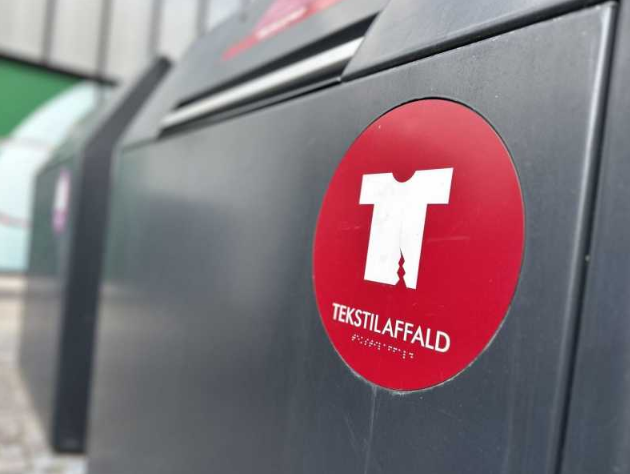
EU Approves New Rules to Cut Food and Textile Waste
With millions of tonnes of food and textiles discarded each year, the EU's new rules aim to force change - but member states face major hurdles in turning policy into practice, CE Report quotes AGERPRES.
The European Parliament gave its final approval last week on new rules for EU countries to reduce the mountains of food wasted in Europe each year and to curb the environmental impact of fast fashion.
Several member states had already begun to take measures to achieve this goal, but some have faced unintended consequences when trying to improve the rate of recycling for textile waste due to a lack of infrastructure.
What are the new rules?
By 2030, member states will have to slash the food waste generated by households, retailers and restaurants, by 30 percent, compared to 2021-2023 levels.
They will also have to cut 10 percent of the waste generated by food processing and manufacturing.
The EU estimates that the bloc generates around 130 kilogrammes of food waste per person each year, adding up to 60 million tonnes.
Regarding textiles, EU countries will be required to establish producer responsibility schemes, through which manufacturers who make textile products available in an EU country will have to cover the costs of their collection, sorting, and recycling, starting 30 months after the directive enters into force.
Less than one percent of textiles worldwide are recycled at present, according to the EU, with 12.6 million tonnes of textile waste generated in the bloc each year.
What have countries been doing?
There are a variety of approaches so far from member states to tackle this waste.
In Poland, large retailers are required to donate unsold food to NGOs, run public campaigns against waste, and report on their efforts. The Food Banks Network also rescues food with short shelf life or damaged packaging, redistributing it to people in need.
Spain also introduced a law this year aiming to cut per capita food waste by 50 percent in retail and consumer sectors, and by 20 percent across supply chains by 2030.
Luis Planas, Spain's Minister of Agriculture, Fisheries and Food, said that 2024 marked a turning point in Spain in the fight against food waste, as 51,540 tonnes of food and drink were prevented from ending up in the bin. Despite a 4.4 percent decrease in waste, it still stood at around 1.125 million tonnes last year.
Food waste remains a major issue in Bulgaria as well. In 2023, the average Bulgarian discarded 93 kilogrammes of food, according to Eurostat data quoted by Bulgarian Food Bank Executive Director Tsanka Milanova. This amounts to 614,000 tonnes wasted nationwide each year.
Milanova noted that producing one kilogramme of apples alone requires 700 litres of water, underlining the environmental toll.
Textile waste further aggravates the problem. In Bulgaria, over 100,000 tonnes are thrown away annually, yet only about 7,000 tonnes are collected separately, textile recycling company TexCycle reported in March. With no mandatory national recovery system in place, collection currently depends solely on public awareness and voluntary initiatives.
Since the beginning of this year, EU member states have had to collect textile waste separately.
This has created huge problems in Sweden where many municipalities have been waiting for the new EU rules on textiles to clarify who is responsible for their disposal and recycling.
Lots of textile waste that normally would go straight to incineration has instead been sent to recycling stations or second hand stores, who are overwhelmed with tonnes of unusable material.
'The laws came in the wrong order,' Anna-Carin Gripwall from waste industry organisation Avfall Sverige, told TT news agency in January.
This has forced the government to revise its law and from October 1, it will once again be allowed to throw away clothes that can't be used anymore.
Romania also faces a major challenge in textile waste management. It still lacks infrastructure, though EU funds from the National Recovery and Resilience Plan are earmarked for 26 new recycling facilities by 2026. In the meantime, much of the waste may have to be exported or dumped, adding costs and impacting the environment too.
Romania has a major waste management issue in this regard, in particular because of the very low landfill tax, which is just 50 Euro per tonne, compared to 500 Euro in Western countries.
Many EU countries had already introduced separate textile collections before the 2025 deadline.
Italy, for example, introduced it in 2022. And while there has been some improvement, it has not been significant. According to the Italian Institute for Environmental Protection and Research, separate collection of textile waste increased by approximately 9 percent from 2019 to 2023, from 157,700 tonnes to 171,600 tonnes.
Spain also presented a draft Royal Decree last year to make producers responsible for financing and organising the collection and treatment of textile waste.
What are the next steps?
The new EU rules on food waste and textiles will now be signed by the European Parliament and EU member states in the Council, ahead of their publication in the EU Official Journal.
This will provide clarity for countries like Sweden instructing the producers to be in charge of recycling, though a 30-month delay before the manufacturer-responsibility rules have to be in place could prolong short-term difficulties.
In the meantime, environmentalists are calling for consumers to change their mindset. Each person should 'buy no more than five new articles of clothing per year', said Beatrice Rindevall, head of the Swedish Society for the Conservation of Nature, which regularly organises clothing swaps.
With less than one per cent of textiles recycled worldwide, lawmakers hope the measures will stem the tide of ultra-cheap fashion imports - many from China - sold by platforms such as Shein.
Separately, the EU has proposed a 2 Euro flat import fee on small parcels, aiming to curb the flood of low-cost packages driven by fast-fashion sales.
Last year, 4.6 billion parcels entered the bloc - more than 145 every second - with nine in ten arriving from China. Leading European textile and clothing federations issued a joint statement on Tuesday decrying the situation and urging the EU to do more to address it.



